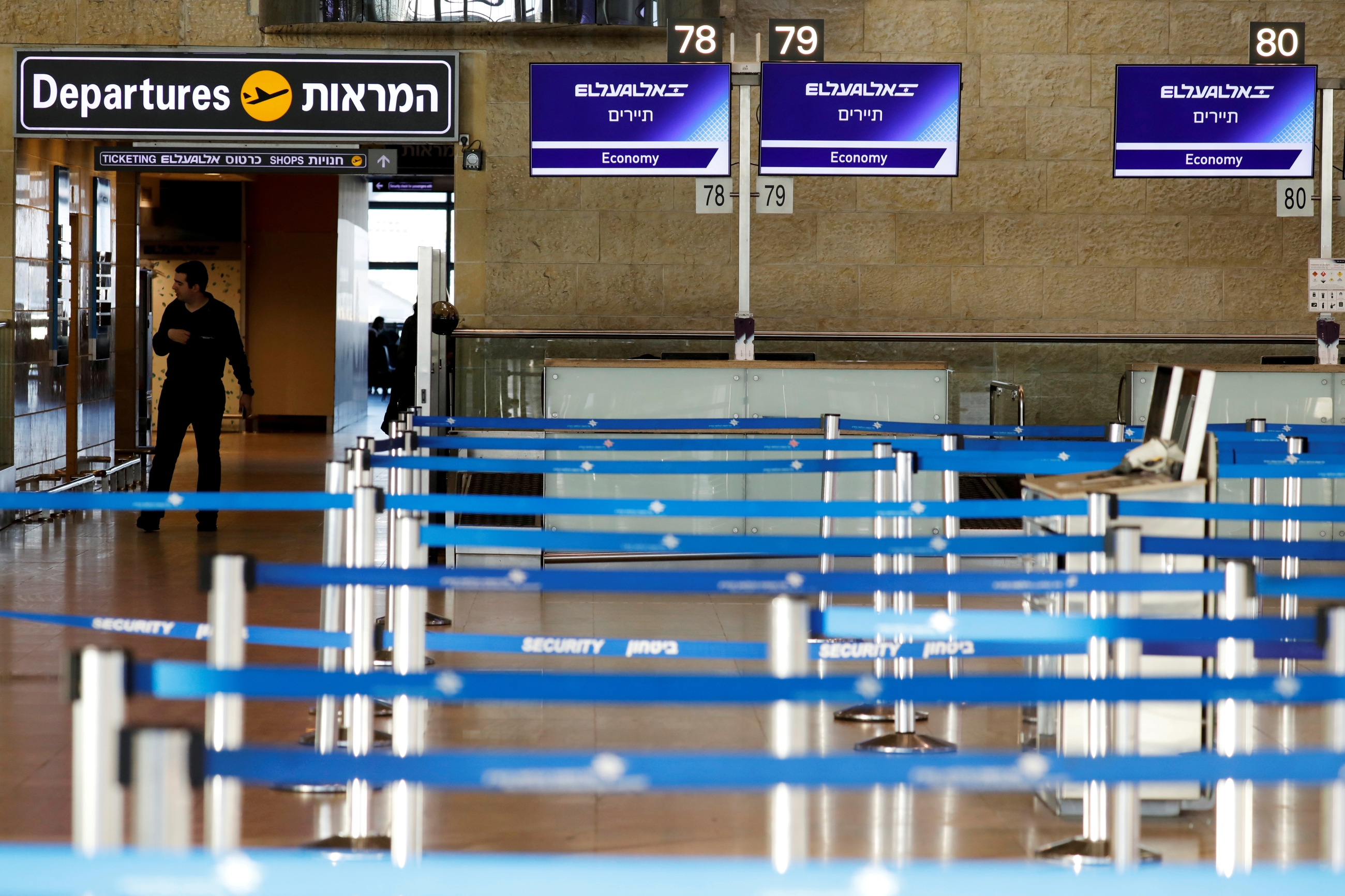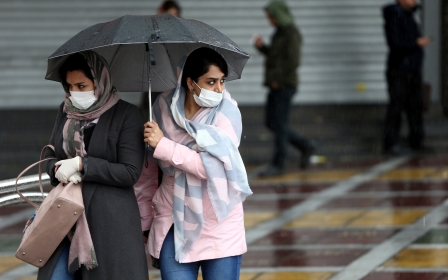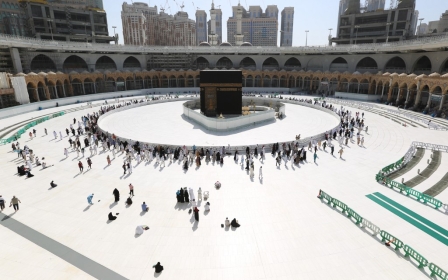Coronavirus: Netanyahu orders quarantine for anyone coming into Israel

Israeli Prime Minister Benjamin Netanyahu issued an order on Monday that requires all citizens returning from abroad to go into self-quarantine because of the coronavirus spreading across the globe.
Netanyahu said the new measures will come into effect on Thursday, while Reuters reported that foreigners will only be admitted if they can prove they have the means to self-quarantine.
"After a day of complex discussions, we made a decision: Everyone who comes to Israel from abroad will enter the 14-day isolation," Netanyahu said in a statement.
"This is a tough decision, but it is essential to maintain public health - and public health precedes everything."
Israel had already taken some of the most extreme precautions to prevent a local coronavirus outbreak, forcing visitors from many countries in Asia and Europe into home isolation. This had made travel and trade difficult, with tourism expected to suffer.
New MEE newsletter: Jerusalem Dispatch
Sign up to get the latest insights and analysis on Israel-Palestine, alongside Turkey Unpacked and other MEE newsletters
Israeli media said the measure would mean quarantine for some 300,000 citizens in a country of around 9 million.
Coronavirus cases in West Bank
The Palestinian Authority (PA) confirmed on Monday five more coronavirus cases in the occupied West Bank.
A PA spokesperson said that that the number of people infected with the coronavirus rose to 25 people - 24 of whom are in Bethlehem, and one in Tulkarem.
Last week, the PA declared a two-week ban on tourists visiting cities and sites including Bethlehem's Church of the Nativity and closed schools in Bethlehem for 14 days.
The PA health ministry said a hotel in Bethlehem was quarantined due to a number of suspected cases.
Middle East Eye delivers independent and unrivalled coverage and analysis of the Middle East, North Africa and beyond. To learn more about republishing this content and the associated fees, please fill out this form. More about MEE can be found here.




